|
The journey to become an advocate for your child is daunting but you're not alone. In the last month I've been to a couple of events aimed at networking and spreading information about local resources for parents and teachers. This is a whole new world for me and I want to share some lessons I'm learning as I navigate the various support systems of this exciting grassroots movement of parents, and slowly learn to speak up for my son in a more assertive way. I know some parents are already in that zone but I've always been shy about advocating at school in addition to being discouraged by the former principal and teachers from pursuing an IEP or a 504 due to my son's ADHD. Now that he's officially diagnosed with ASD and his academic performance is at a low point, I've mustered up the courage to pursue an IEP at school, and I also want to know the available resources for my son.
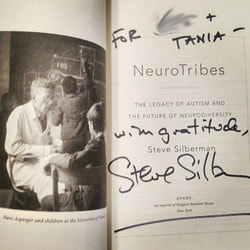
The first event I went to was in November and hosted by the Autism Society of Iowa. Wouldn't you know it, one of the keynote speakers was Steve Silberman, author of NeuroTribes? Squee!!!! See autograph as proof of my geekiness—I blurred my son's name for privacy. There was a presentation about ASD medical studies and interventions by renowned Dr. Luke Tsai and his main advice was to spend 85% of your time enhancing your child's strengths and 15% spending time on treatments of "deficits". (By the way, this is what Kirk Martin from CelebrateCalm.com shares in his amazing CD "Motivate Unmotivated Kids", whenever it's available on his website.) I don't know how I'll feel about this advice once my kid starts ABA therapy next year, but I do agree that promoting our kids talents and curiosity has nothing but benefits. The other concept that stuck with me was that "children with autism grow up to be adults with autism" and the lack of support for autistic adults compared to autistic kids is astounding. So, helping our kids develop their strengths and skills will serve them well as they "age out" of the system and should want to be independent, and contribute to society. The presentation by Steve Silberman was in part a quick summary of the book but he also added some additional stories, observations, and interesting personal hypotheses about some historical events.
In addition to these presentations, there were breakout sessions in two sets happening a the same time so I was only able to attend the first and fourth sessions: 1) Sensory processing and behaviors in those with ASD, 2) How to develop a social skills program in any environment, 3) Pros and cons of non-medical interventions, and 4) Understanding the new Iowa autism insurance legislation. The Sensory processing session covered the various sensory systems and supports for emotional regulation and, my biggest takeaway was that behaviors are means of communication, and human behaviors are not autistic behaviors. We need to change the mindset from behavior associated with autism to human behavior and provide support. The types of support may include: developing appropriate expectations for our kids' developmental age vs. chronological age, simplifying the environment, providing visual supports in the form of visual schedule and timer, utilizing breaks throughout the day, prioritizing social communication, building self-determination, and educating on executive functioning skills. In the Iowa legislation session, my goal was to become familiar with the new insurance law that will add ABA therapy as an insurance benefit, but with some caveats. The second event I went to was called "Creating win-win-win conditions through trusting partnerships". It was presented by renowned Special Ed professor, researcher, and advocate Dr. Ann Turnbull and hosted by a great local nonprofit called ASK Resource Center. The event was geared towards parents and teachers working in teams, such as in an IEP, and focused on partnership principles: communication, competence, respect, commitment, equality, trust, and advocacy. She described how work as not about "disability", but about "dignity".
"The promise of especially designed instruction cannot be fulfilled unless we have a shared belief of expectation, purpose, and responsibility." —Dr. Barb Guy
She broke down each of the partnership principles and what's needed for each in depth, but here's a snapshot of what she calls "the sunshine framework":
1) Communication: • Be friendly • Be clear • Share good news • Be honest, even with bad news • Listen • Empathize (this was really the CORE of successful partnership, even if you disagree with something. Both professionals and families crave empathy because our stories are not simplistic.) • Respond to feelings with feelings 2) Competence (know your roles and responsibilities so you feel competent in a team): • Set high expectations for yourself and student • Continue to learn, especially when faced with new challenges • Search out research-based practices 3) Respect: • Communicate to families that their perspectives and recommendations are helpful • Seek to “walk a mile in the families’ shoes” • Honor cultural diversity 4) Commitment: • Be available for communication • Be flexible and innovative • Go “above and beyond”. (Do something kind for people in the team to show your commitment, like sharing when good news happen, or when new skills happen at home. Even baking cookies for a meeting is a kind, good will gesture). 5) Equality: • Apply the goldilocks rule (parents are involved in the right amount) • Highlight others’ strengths • Avoid intimidating and/or embarrassing others • Create a level playing field • Point out commonalities Also, bring someone with you to a meeting for moral support, like your partner, a parent mentor, or a family member. This can also help you in case you can't remember something discussed. 6) Trust: •Partnerships can be thought of as an archway with trust as the keystone 7) Advocacy: It's hard and it takes time and energy. How can everyone be an advocate so parents don't do this alone? It shouldn't just be on parents, but also on schools. Her point was that when we forge relationships strengthened by trust in a teamwork setting, we have a more successful outcome for the child. At the end, we wrote on balloons one thing that we wanted to act on and I choose to start a closed Facebook group in my local area for parents of kids with special needs. This is not an easy journey, but I'm hoping that I can share any tips and information along the way!
Welcome to Voices of Special Needs Blog Hop -- a monthly gathering of posts from special needs bloggers hosted by The Sensory Spectrum and The Jenny Evolution. Click on the links below to read stories from other bloggers about having a special needs kiddo -- from Sensory Processing Disorder to ADHD, from Autism to Dyslexia! Want to join in on next month's Voices of Special Needs Hop? Click here!
3 Comments
12/13/2017 09:09:02 am
I am so impressed by your sharing all of this information in such a helpful way. Very generous!
Reply
Tania
12/13/2017 11:05:21 pm
Thank you, Full Spectrum Mama. You're so kind!
Reply
Leave a Reply. |
Nice to e-meet you!I'm a single mom, graphic designer, crunchy mama, trekkie geek, life warrior. It's embarrassing how excited I get about food. I'm an expert in barefoot Lego fire walk. Note: If you arrived here via a broken link, please note I had to rebuild this site due to my previous hosting company crashing. Not all blog posts were salvaged.
CATEGORIES
All
INSTAGRAM FEED
ARCHIVES
January 2019
|
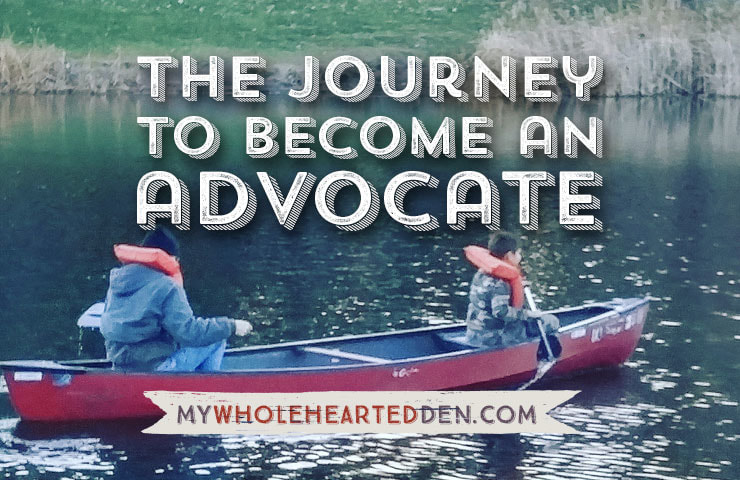
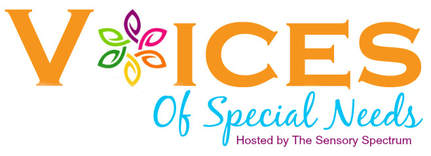

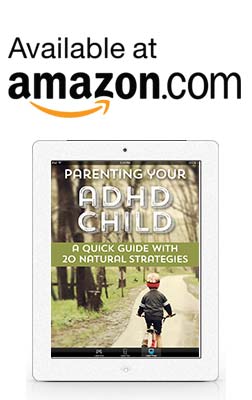

 RSS Feed
RSS Feed
